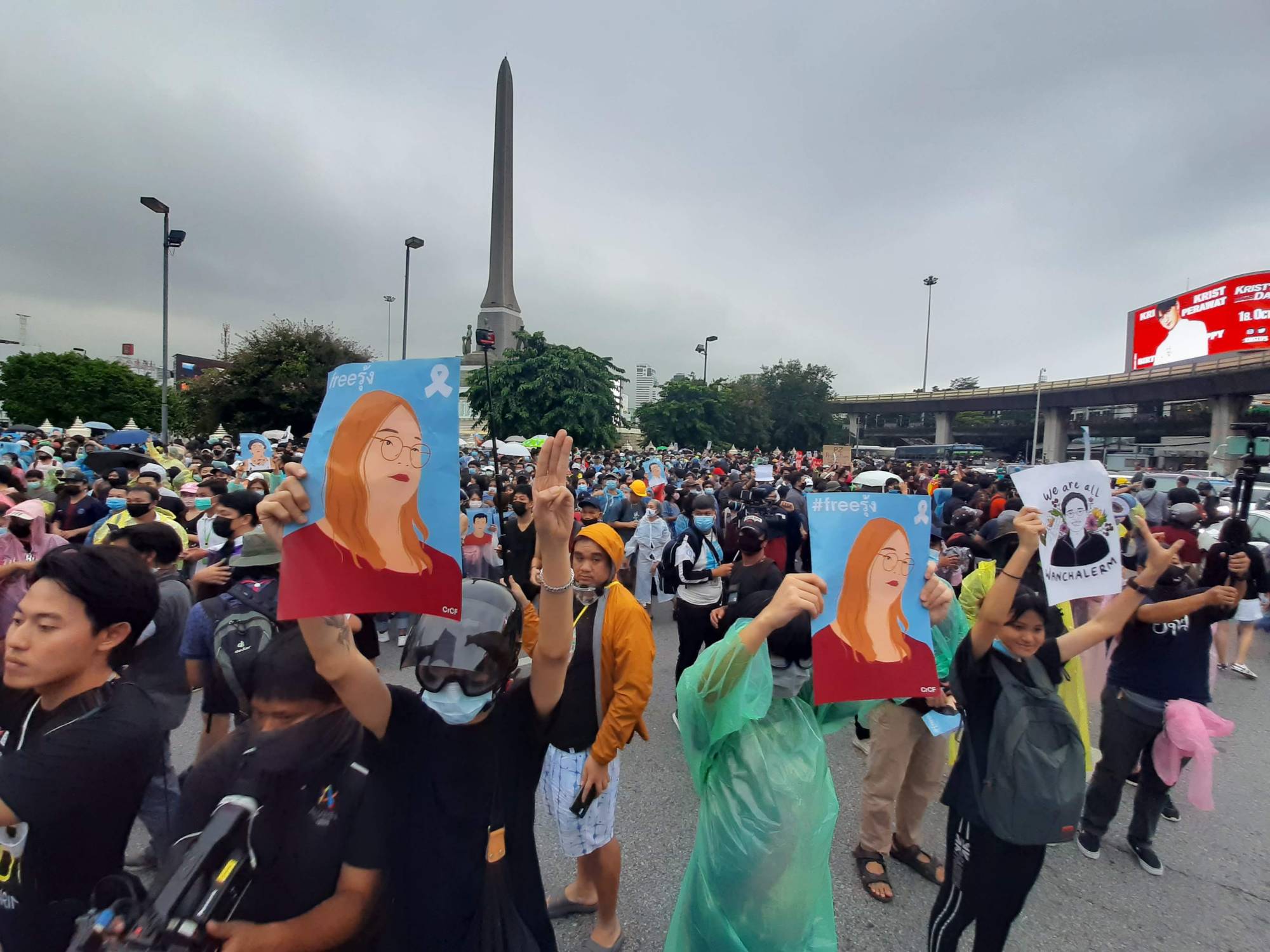The man who attacked Pavin Chachavalpongpun was someone whom the Thai native and associate professor at Kyoto University didn’t know.
Appearing at the Kyoto District Court in May to deliver a statement, Pavin, 51, who is living in exile in Japan, asked the defendant sitting in front of him, “I don’t even know you. I want you to tell me who asked you to attack me, and what was the purpose?”
The culprit, 43, is an unemployed Japanese man. According to the indictment, the man broke into Pavin’s apartment in the city of Kyoto in the early hours of July 8, 2019, and injured him and his partner with tear gas while they were asleep. The man pleaded guilty to the charges of intrusion and causing injuries and was sentenced to one year and eight months in prison on June 8 this year.


















With your current subscription plan you can comment on stories. However, before writing your first comment, please create a display name in the Profile section of your subscriber account page.